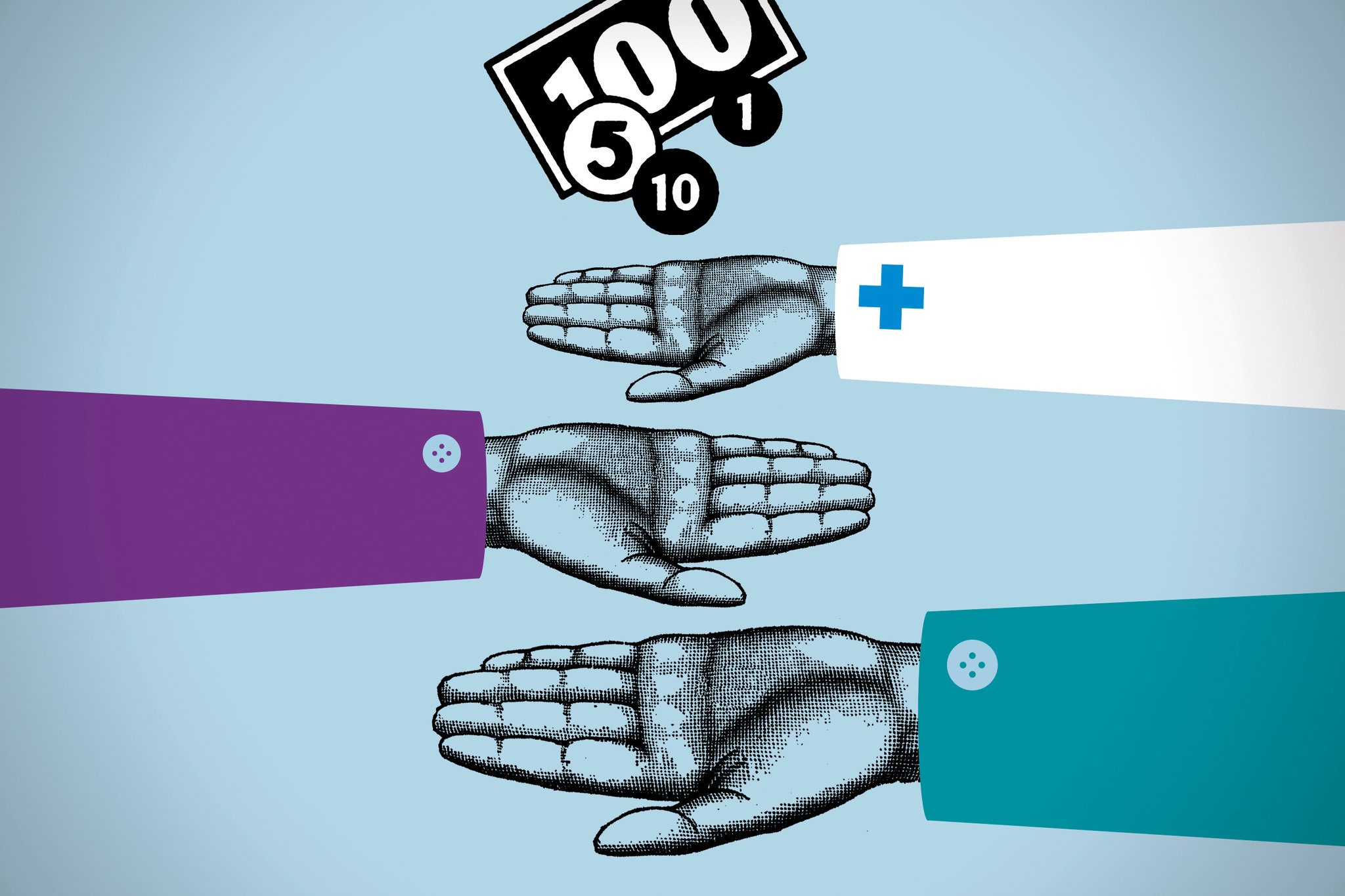In recent times, Medicaid spending has experienced a significant uptick, and a growing consensus points towards progressive policies as the driving force behind this surge. As governments implement increasingly progressive healthcare measures, the financial burden on Medicaid has intensified, leading to debates and discussions about the long-term sustainability of these policies. This trend raises critical questions about the balance between social progress and fiscal responsibility, sparking a nationwide discourse on the future trajectory of healthcare spending.

Increasing Spending and Forward-thinking Projects
According to recent data from the Centers for Medicare and Medicaid Services, Medicaid spending has significantly increased, with an estimated $805 billion spent in 2022—a 9.6% rise from the year before. The increase in expenses is ascribed to the combined effect of progressive policies intended to expand Medicaid, adding millions more people to the program’s enrollment. The program has grown significantly as a result of notable programs like Obamacare, which allowed adults earning up to 138% of the federal poverty line to qualify for Medicaid.
States were given extra federal funding during the pandemic to keep Medicaid enrollment going, even for people who were no longer eligible. An estimated 23 million additional persons were joined to Medicaid as a result of this strategy. States have started to disenroll those who are ineligible again, but the Biden administration’s unwillingness to follow the proper procedures has generated controversy.
Overall, Medicaid’s finances have been strained, deviating from its initial goal of giving medical priority to the impoverished and disabled.
READ ALSO: Arkansas had 35.6 mortgage refinances per 1,000 households in 2022, below the national average.
Handling Financial Pressure and Maintaining Program Honesty
Concerns about paying for care for people who can afford to pay for themselves or seek private coverage are mounting as more than 90 million people, or almost one in four Americans, will be on Medicaid in 2022. According to certain research, up to 43% of newly enrolled Medicaid recipients may take the place of current private insurance.
Politicians are encouraged to take into account strategies like enacting block grants to cap Medicaid funding or imposing work requirements to slow down the program’s expansion and bring it back in line with its original goals. The goal of these changes is to create a compromise between guaranteeing financial responsibility and giving the genuinely poor the care they require.
READ ALSO: Navigating Social Security Taxation: Strategies to Optimize Retirement Finances in 38 States



